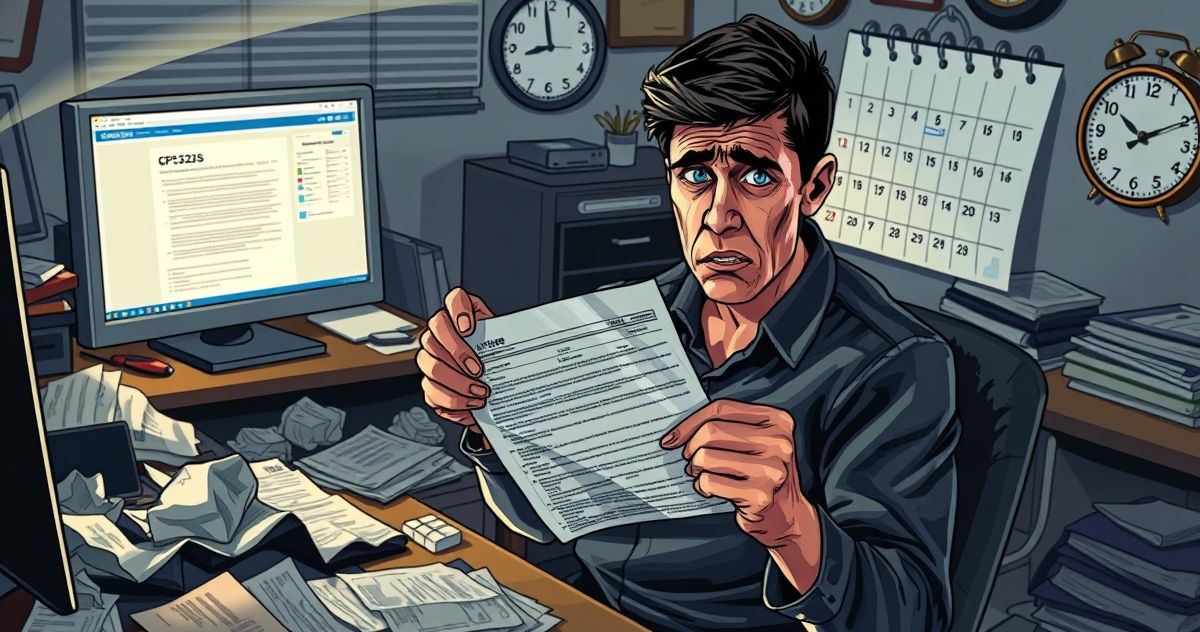What is the CP523AT Notice and Its Primary Purpose?
The CP523AT Notice is an official communication from the Internal Revenue Service (IRS) sent to taxpayers who have defaulted on their installment agreement to pay back owed taxes. This letter serves as a warning and generally indicates that the taxpayer has failed to meet the terms of their installment plan due to a missed payment or another issue. If the default is not resolved, the IRS may initiate collection actions, such as levying bank accounts or garnishing wages. The CP523AT acts as a prelude to these potential enforcement actions, giving taxpayers a chance to rectify their compliance in a timely manner and reinstate their payment plan.
Key Features or Components of the CP523AT Notice
The CP523AT provides several critical pieces of information and instructions:
- Reason for Default: The notice clearly states the reason why the installment agreement is considered defaulted, which could be due to a missed payment, not providing updated financial information, or not filing necessary tax returns on time.
- Required Action: The notice will specify what actions are needed to reinstate the installment agreement, such as making up missed payments, adjusting the terms of the plan, or providing additional documentation.
- Timeline for Response: Taxpayers are usually given a certain deadline, often around 30 days from the date of the notice, to contact the IRS and resolve the default to avoid further enforcement actions.
- Potential Consequences: The notice outlines the consequences of ignoring the default, such as levies, liens, or other collection actions that could severely impact a taxpayer’s financial status.
- Contact Information: It provides contact information for reaching out to the IRS to discuss options or provide requested information.
Relevant Filing or Compliance Requirements
To avoid ending up with a CP523AT Notice, taxpayers need to comply with several requirements:
- Timely Payments: Ensure that all payments under the installment agreement are made on time and in full. Consistent account monitoring is advisable to prevent missed transactions.
- Accurate Filings: Complete and file all tax returns on time. Failing to meet all filing requirements can trigger a default on the installment agreement.
- Updated Information: Provide any requested financial information or documentation if indicated as part of the installment agreement terms. This might include proof of financial standing or income changes.
Penalties or Consequences for Non-Compliance
Non-compliance with the CP523AT can have severe repercussions:
- Immediate Full Amount Due: The entire amount of taxes owed may become due immediately, voiding the installment plan.
- Collection Actions: Ignoring the notice can result in the IRS pursuing aggressive collection tactics, such as levies on bank accounts or wage garnishments.
- Additional Penalties and Interest: Extra charges may accrue on the unpaid taxes, further increasing the taxpayer’s financial burden.
- Negative Impact on Future Agreements: A history of default can make it more difficult to negotiate a payment plan with the IRS in the future.
Importance or Significance in Tax Resolution
Understanding the CP523AT Notice and responding appropriately is crucial in the broader spectrum of tax resolution. It offers taxpayers a chance to correct their situation before facing more severe actions from the IRS. Addressing the notice promptly can help preserve the installment agreement, maintain financial stability, and avoid the stress and complications associated with enforced collections. Moreover, it can provide the taxpayer leverage in negotiating potential adjustments to payment terms or reconsideration of the agreement based on significant changes in financial circumstances.
Ultimately, proactive engagement with the CP523AT Notice can aid taxpayers in managing their financial obligations more effectively, ensuring compliance with tax regulations, and minimizing additional charges or legal actions by the IRS. It is essential to seek advice from tax professionals or contact the IRS directly to explore viable solutions and maintain compliance with tax liabilities.

